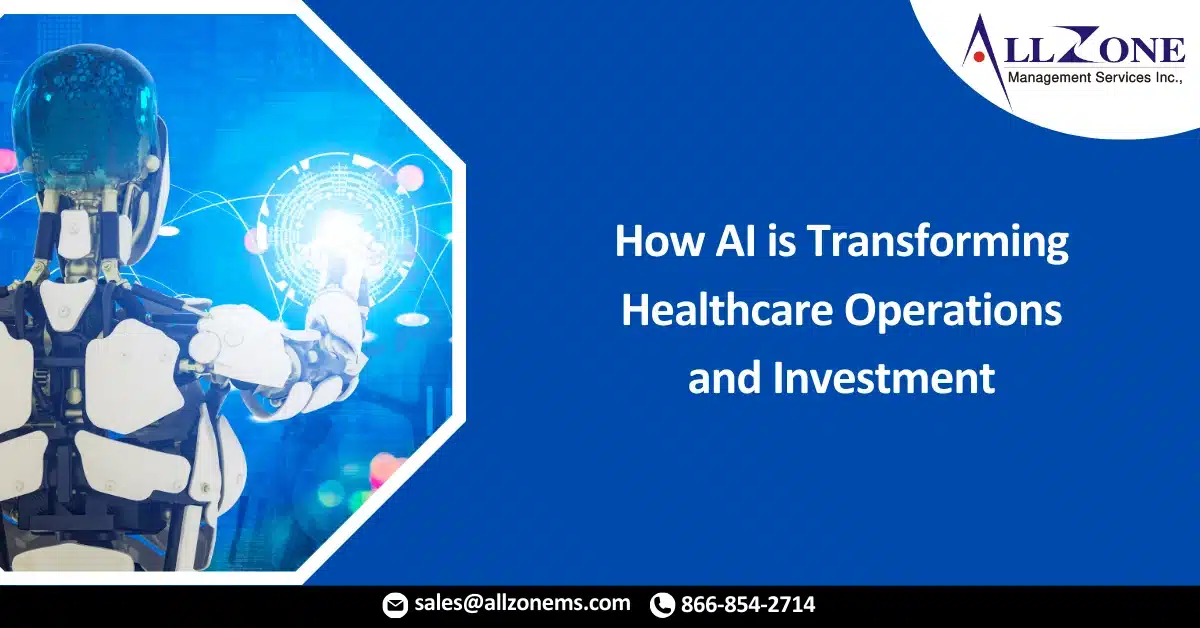The principal of a healthtech venture capital firm asserts that the most promising AI innovation from an investment standpoint involves rendering business models feasible.
Investment focus has now shifted towards AI for a healthtech and medtech venture capital firm, which administers a capital pool exceeding $800 million earmarked for healthcare and technology startups.
The healthtech venture capital firm collaborates with enterprises directly vending AI to hospitals and also partners directly with healthcare systems as investor associates.
“In the span of a decade, AI is anticipated to be integrated into all decision-making processes,” stated a partner within the healthtech venture capital firm. “Our substantial contemplation revolves around the potential for AI to reshape operational paradigms.”
The key takeaway underscores the potential of AI to enhance clinical outcomes, heighten efficiency, and introduce new revenue streams. However, the imperative prerequisite is the development of workable business models. This endeavor commences with recognizing two distinct avenues for healthcare AI. One involves bolstering specialized vertical platforms catering to specific areas of care, while the other addresses alleviating widespread challenges.
Guiding the health tech business of the healthtech venture capital firm is a principal.
“In the context of investment innovation, where the healthtech venture capital firm observes the most advancement,” venture capital firm’s principal noted, “is in establishing viable business models.”
Principal’ primary recommendation is to pinpoint readily attainable opportunities for technological innovation, particularly in medical coding, documentation, and call centers. Subsequently, identifying impactful use cases that lead to better patient outcomes is advised.
Moreover, he advocates for the recruitment of AI experts.
The healthtech venture capital firm has been investing in AI since its inception in 2006. Its capital is managed through two distinct strategies: private holdings with a specific focus on biotech, medtech, and healthtech, as well as investments in publicly traded securities.
Presently in its fourth fund, the healthtech venture capital firm allocates investments ranging from $5 to $10 million.
Together with the leading healthtech venture capital firm recently spearheaded a $15 million Series A funding round for a medtech startup that engineered an Operating Room BlackBox to furnish real-time patient safety data and promptly identify anomalies, thus saving resources and lives. According to the healthtech venture capital firm, the technology is presently adopted by 24 prominent academic healthcare centers across North America and Europe.
Epstein maintains that while AI is gaining momentum in healthcare, it lags behind other sectors due to fragmented data. Enhanced interoperability is anticipated to improve AI’s efficacy as an increasing volume of data becomes available for algorithmic utilization. This development will establish a foundational dataset and enable hospitals to scale their AI implementations.
As for generative AI, it remains in its early stages, noted a partner and principal at the healthtech venture capital firm, due to the high risk of errors.
“We remain convinced of a substantial technological breakthrough with generative AI,” stated the principal at the healthtech venture capital firm. “We are currently in a phase of heightened hype surrounding generative AI. We firmly believe this technology will undergo transformative growth in the upcoming months and years.”

